Keywords: A Man On The Inside
-

ARTS AND CULTURE
- Diane Fahey
- 02 March 2021
32 Comments
Only Masaccio, the painter who first used light to sculpt the human form, portrayed this story. The disciple, Peter, walks through a Florentine street past three afflicted men.
READ MORE 
-
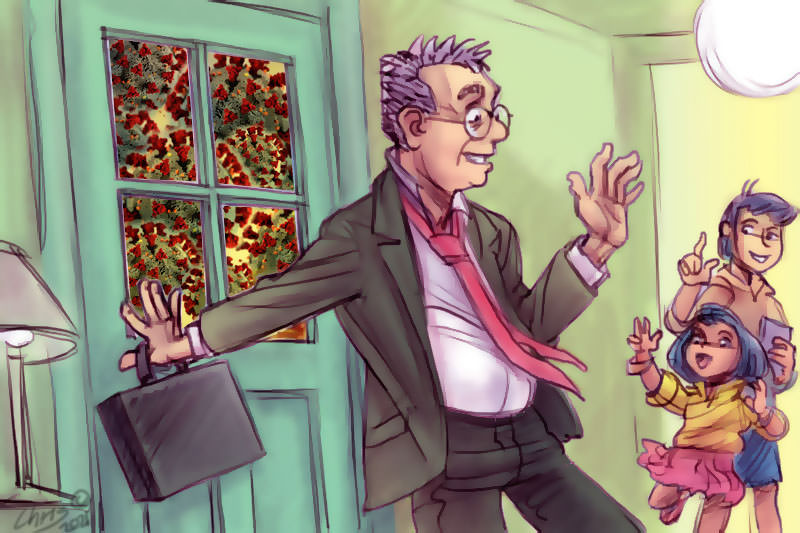
ARTS AND CULTURE
- Mike Kelly
- 21 January 2021
39 Comments
Men, it seems, have been looking for more opportunities to spend time with family. Research on young fathers, conducted by the Diversity Council of Australia a few years ago, reported that 79 per cent of new generation dads wanted the flexibility to improve their work and family life. For all its downsides, 2020 provided the opportunities.
READ MORE 
-
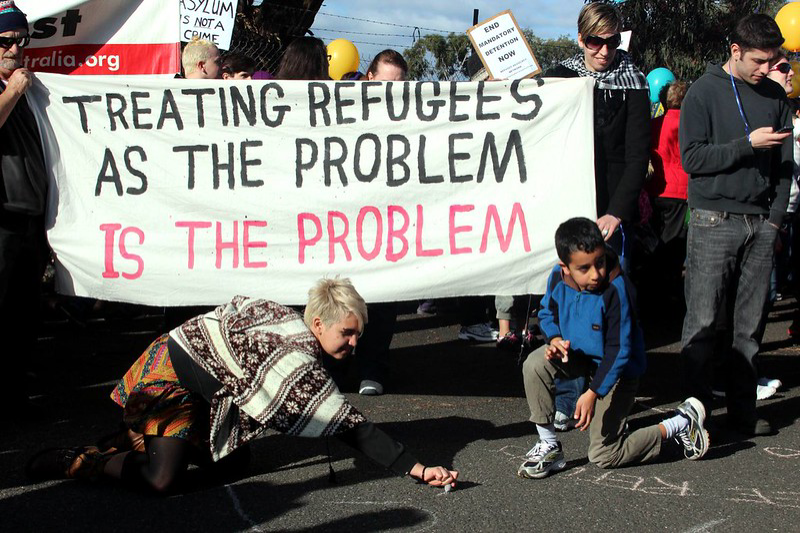
AUSTRALIA
- Nicola Heath
- 17 December 2020
6 Comments
Many refugees in Australia live in conditions that the rest of the population would find unacceptable. Most of the 192 refugees who were transferred to Australia under the Medevac legislation between February and December 2019 are currently held at hotels in Melbourne and Brisbane, known as ‘alternative places of detention’ (APOD), where they have had no access to the outdoors or fresh air for more than 12 months.
READ MORE 
-
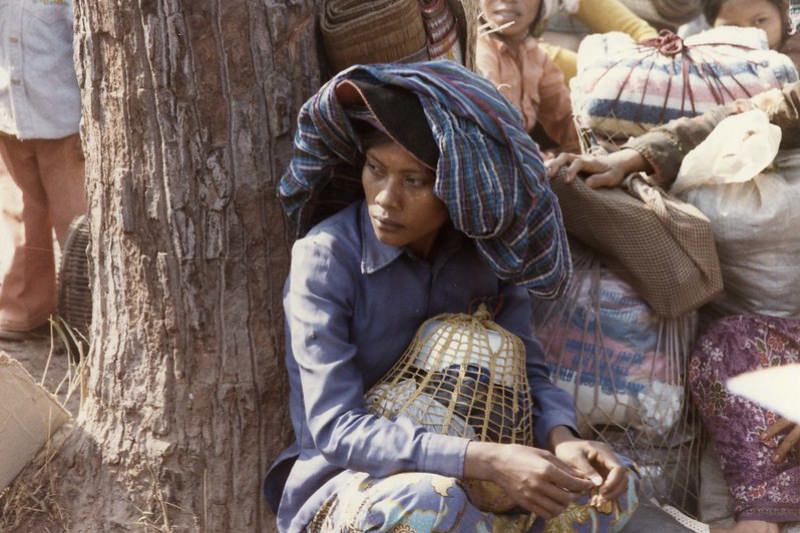
INTERNATIONAL
- Andrew Hamilton
- 26 November 2020
7 Comments
Stories of volunteers who went to help in foreign crises used to focus on the impact on the people helped. Today they explore how both parties are changed through the experience. That was also true in Jesuit Refugee Service (JRS) whose 40th anniversary occurred last week.
READ MORE 
-
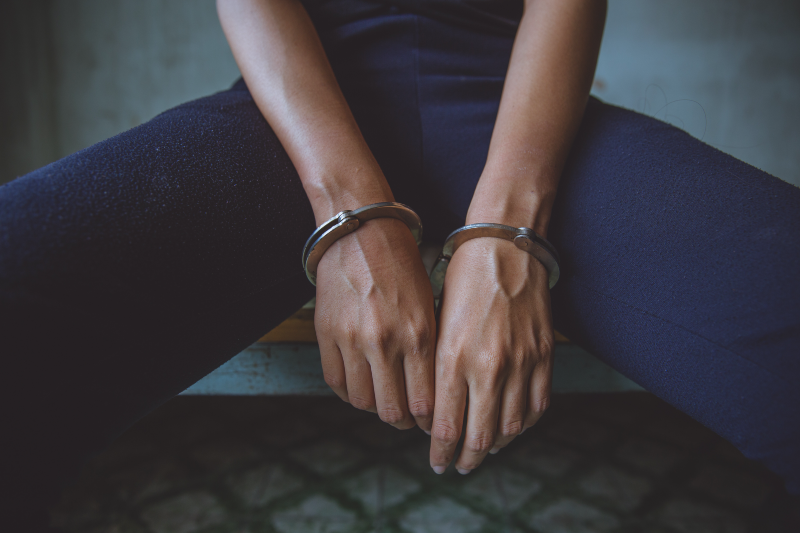
AUSTRALIA
- Clare Johnstone
- 15 September 2020
2 Comments
With COVID-19 having reached the prison population, the risks for prisoners are real. It is plain to see that prisons are vulnerable environments. Hundreds of people detained in close confined quarters and concerns around hygiene standards and access to masks are but some of the issues that make them fertile ground for the virus to grow in.
READ MORE 
-

AUSTRALIA
- Fernanda Fain-Binda
- 06 August 2020
5 Comments
The Stage Four lockdown announced by Daniel Andrews on Sunday shows how precarious it is for working mothers. When the going gets tough; our jobs outside the home are expendable.
READ MORE 
-
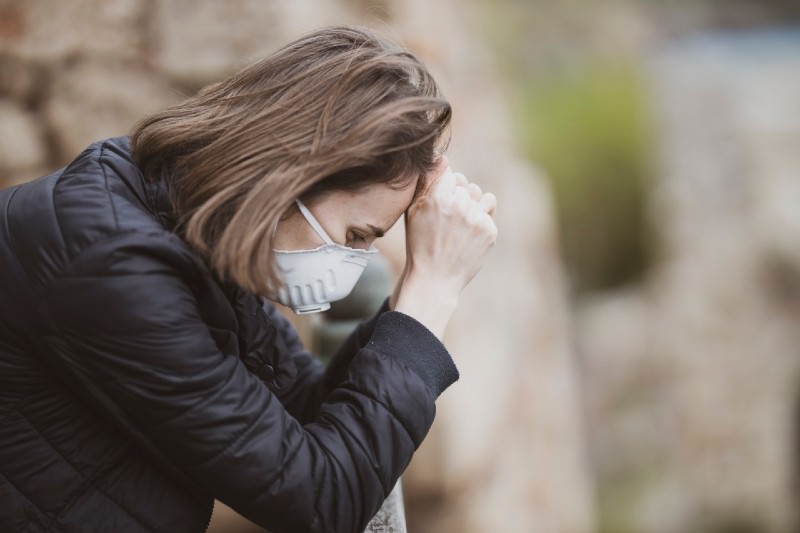
AUSTRALIA
- Andrew Hamilton
- 09 July 2020
9 Comments
For Victorians this last week has been taxing. It began with rising numbers of COVID-19 infections, moved to the lock-down of housing commission towers enforced by hundreds of police and has continued with the lockdown of the whole Melbourne area for six weeks and exclusion from other States.
READ MORE 
-
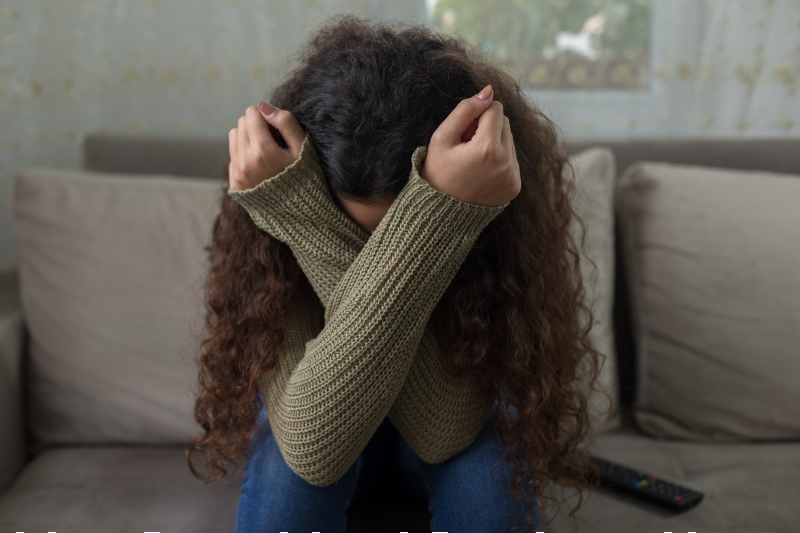
AUSTRALIA
- David Manne and Laura John
- 18 June 2020
5 Comments
This Refugee Week, many asylum seekers and refugees are struggling to survive the COVID-19 pandemic. Some are trapped in immigration detention centres across the country in cramped and overcrowded conditions that make physical distancing impossible. Others are living in our community on temporary visas or no visas at all, struggling to make ends meet.
READ MORE 
-
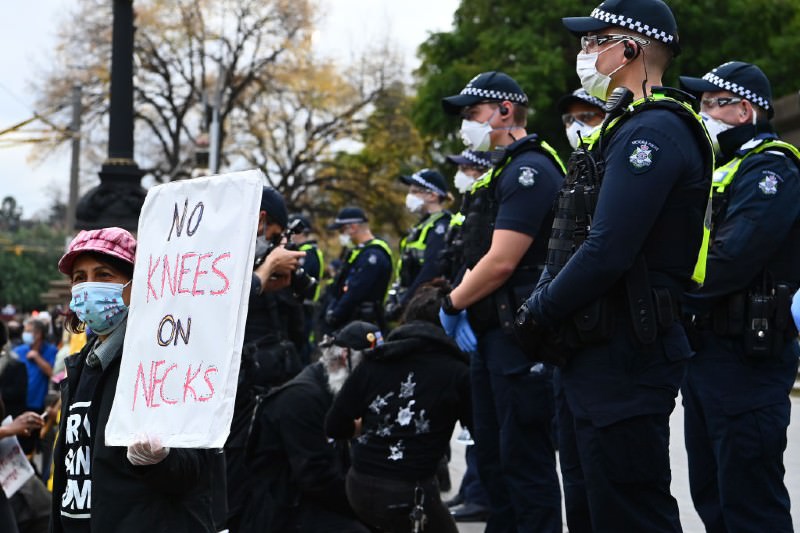
AUSTRALIA
- Cristy Clark
- 09 June 2020
16 Comments
We must ask: are our police forces keeping us safe? All of us? Poverty, discrimination and disempowerment cannot be solved with more policing. What if we took the money that is currently spent on policing and spent it on supporting the community?
READ MORE 
-
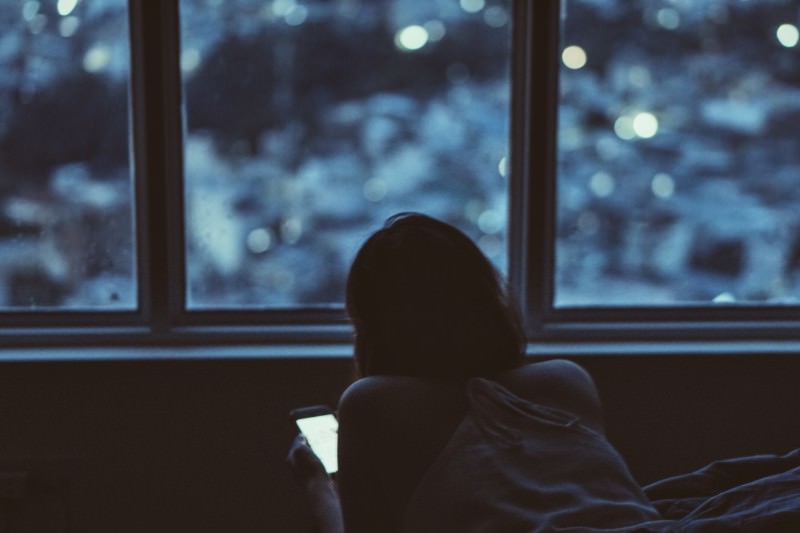
ARTS AND CULTURE
- Paul Williamson
- 19 May 2020
1 Comment
The dweller in the bone attic holds countryside as home; thinks of food, safety, health and warmth for family, self and group. Frenetic scuffles rage in the brick canyons where the hunt is commerce and food constructed.
READ MORE 
-
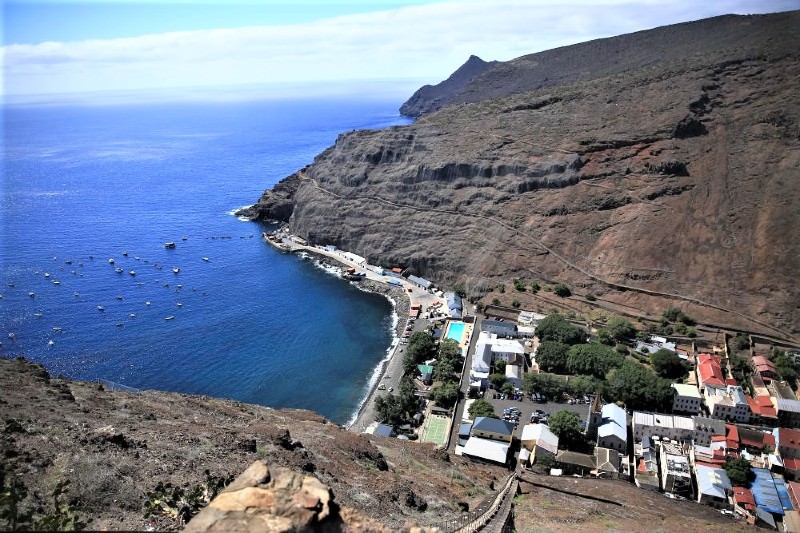
ARTS AND CULTURE
- Catherine Marshall
- 15 May 2020
7 Comments
This time last year I was smuggling contraband into one of the world’s most inaccessible places of exile. I’d stared down nervously as we descended onto the island’s lofty runway — a strip of ribbon ending abruptly high above the sea.
READ MORE 
-
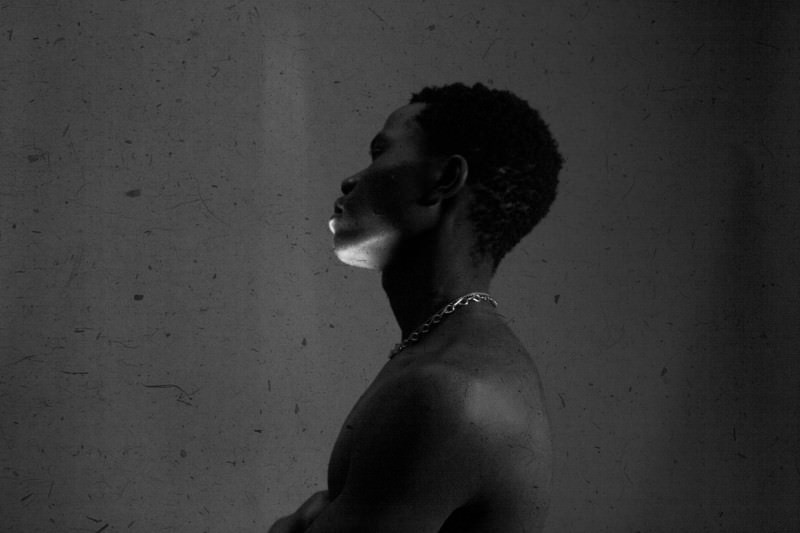
ARTS AND CULTURE
- David Ishaya Osu
- 06 May 2020
4 Comments
I have been with friends and lovers and have seen them in difficult times, emotionally and physically. The same way people have seen me in distress, seen me cry. But I never saw my dad in tears; not as a kid growing up, nor much later as a young adult.
READ MORE 